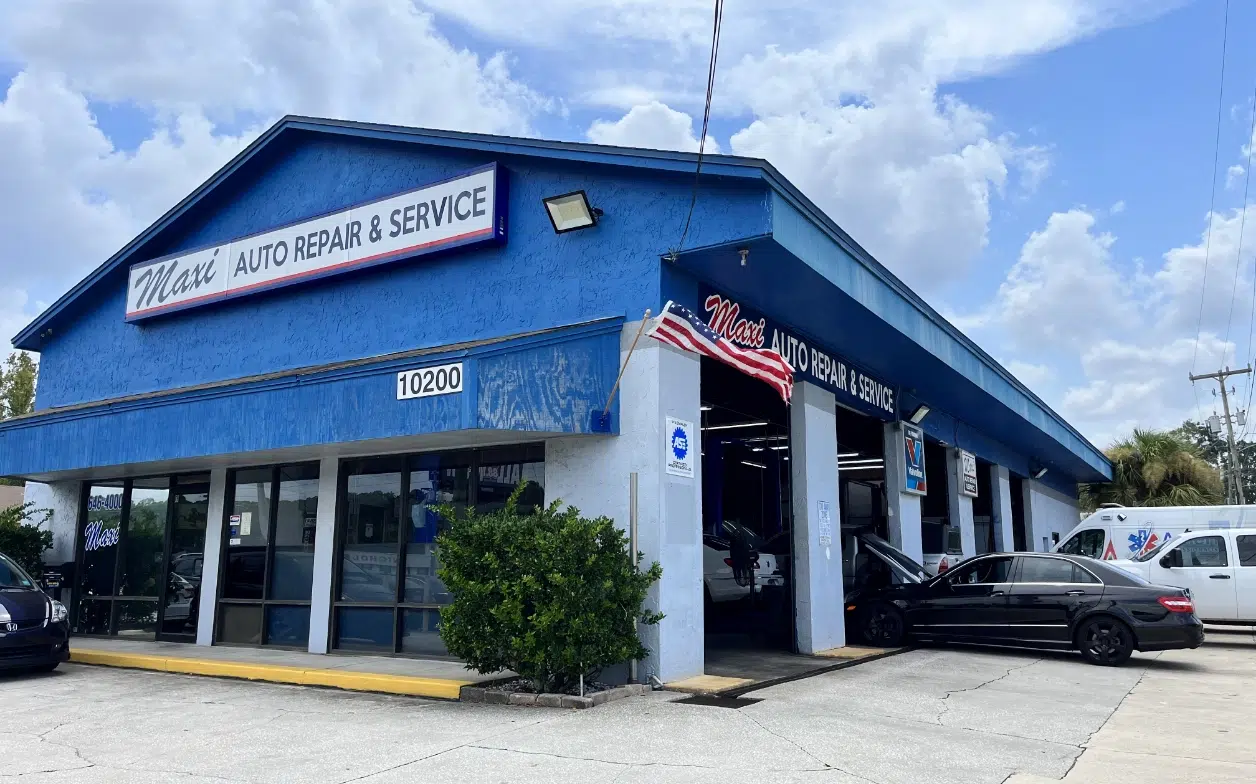All Categories
Featured
Your lorry's brakes are among one of the most vital elements in ensuring your safety and the security of others on the road. Regular brake inspections are crucial to maintaining optimal stopping efficiency and avoiding costly repair services. Whether you're an experienced auto proprietor or a brand-new chauffeur, comprehending brake examination guidelines can assist you stay aggressive regarding upkeep and guarantee your lorry is constantly roadworthy.
- Why Brake Inspections Matter. Brakes undergo consistent wear and tear. The more you drive, the extra friction your brake pads sustain, eventually causing reduced braking efficiency. Without appropriate assessment, it's hard to evaluate when your brakes could be in requirement of repair service. Routine brake checks aid identify issues early on, stopping prospective failures that could place you in jeopardy.
A properly maintained brake system makes sure quick, responsive quiting power, specifically in emergencies. It also assists prolong the life of your automobile, as ignoring brake upkeep can lead to more serious, expensive issues later on.
- Signs You Need a Brake Evaluation. While it's critical to have your brakes checked periodically, specific indicators may suggest that they need focus. Watch (and ear) out for these caution signals:
Squeaking or Grinding Noises: Uncommon noises, specifically a shrill squeal or grinding sound, commonly indicate that your brake pads are used down. Resonance or Pulsation: If you really feel vibrations or a pulsing sensation when pressing the brake pedal, it can be a sign of deformed blades or uneven brake pad wear. Reduced Brake Responsiveness: If your brakes really feel much less receptive or you have to push the pedal harder to reduce, it may show air in the brake lines or low brake fluid. Pulling to One Side: If your automobile pulls to one side when stopping, it can indicate irregular brake pad wear or a brake fluid leak. Dashboard Warning Lights: Some vehicles have brake-related warning lights that indicate problems like low brake fluid or used brake components. If you notice any one of these signs and symptoms, it's vital to have a specialist mechanic perform a brake examination immediately.

- What Occurs During a Brake Evaluation? During a brake evaluation, an auto mechanic will examine several key elements of the stopping system to guarantee everything is in functioning order. Below's what you can expect throughout the procedure:
Brake Pads and Shoes: The mechanic will inspect the density of the brake pads or footwear. If they're too thin, they'll need to be replaced. Brake Rotors: Blades are the discs that the brake pads press against to reduce your vehicle down. They'll be looked for any kind of indicators of wear, scoring, or bending. Brake Liquid: Reduced or polluted brake fluid can hinder braking performance. The professional will inspect the fluid level and top quality and top it up or purge it if needed. Brake Lines and Tubes: Brake lines lug fluid from the master cyndrical tube to the brakes. The auto mechanic will inspect for any leaks, cracks, or damages to make sure correct fluid circulation. Brake Calipers and Wheel Cyndrical Tubes: Calipers and wheel cyndrical tubes press the brake pads against the rotors or drums. The professional will look for wear, leakages, and correct procedure. 4. Just how Commonly Should You Have Your Brakes Checked? The regularity of brake inspections relies on aspects like your driving routines, the kind of automobile you drive, and the environment in which you drive. As a general guideline, it's a great concept to have your brakes examined every 12,000 miles or annually. If you experience any of the warning indicators stated previously, it's important to obtain your brakes checked instantly.
For those who frequently drive in heavy website traffic, mountainous surface, or extreme weather, more frequent evaluations may be required.
- Value of Timely Brake Fixes. When you find a problem with your brakes, it's necessary to address it as soon as possible. Delaying brake repair work can cause more significant damage to your stopping system, leading to higher repair service prices. In severe cases, neglecting brake concerns can bring about finish brake failing, which is a major security threat.
By remaining on top of brake upkeep and attending to problems without delay, you make certain that your brakes remain to perform as intended, keeping you and your passengers safe when traveling.
Verdict: Keep Your Brakes in Leading Forming. Brake examinations are a basic yet essential part of automobile upkeep. By recognizing the value of regular examinations, knowing the signs of brake problems, and remaining positive with repair work, you can ensure your vehicle's braking system remains in optimum problem. Regular brake checks provide comfort, knowing that your car is all set to react when you need it most. Prioritize brake maintenance-- your safety and security depends on it.
Latest Posts
Explore Exclusive Auto Repair Specials in Chicago at Montclare Auto Repair
Why Choose Washington Fence for Your Fencing Requirements
Scoop into Sweet Taste at Cold Stone Creamery-- FunCity Hotel
More
Latest Posts
Explore Exclusive Auto Repair Specials in Chicago at Montclare Auto Repair
Why Choose Washington Fence for Your Fencing Requirements
Scoop into Sweet Taste at Cold Stone Creamery-- FunCity Hotel
